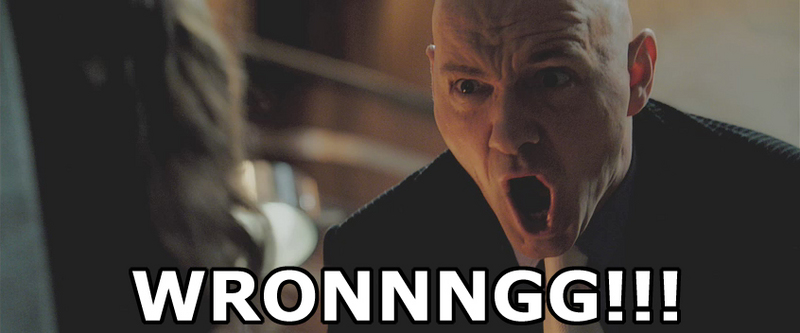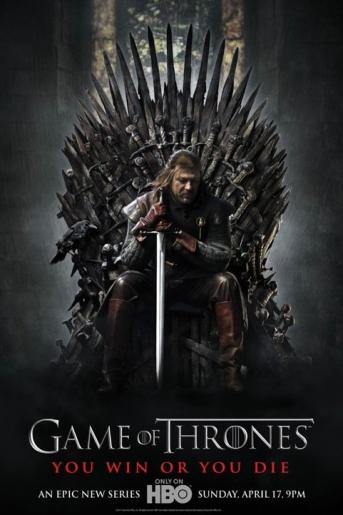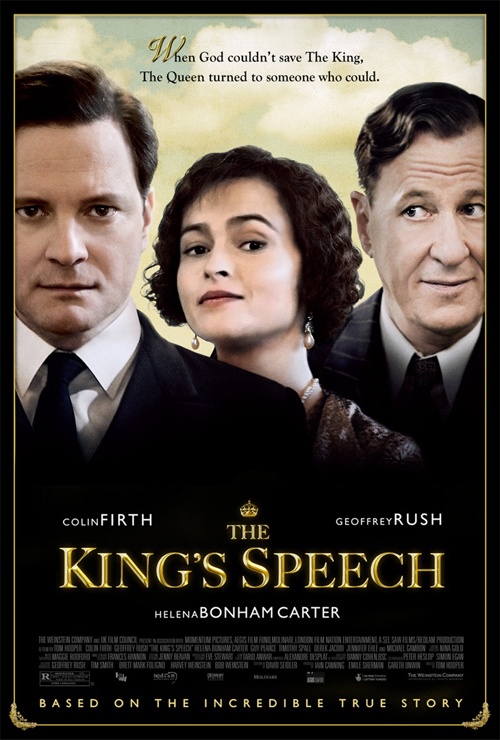"The comic books [is] made expressly to engage the attentions of pre- and just post-pubescent boys. Comic books are so politically dim-witted, so pie-in-the-sky idealistic as to be hard to take seriously". -- Rick Moody
The vast majority of the comics you can buy now are aimed at adults. I admit, I wish there were more comics aimed at kids, because it can be difficult to break into the medium, but that's a topic for another day. The publication of Watchmen and The Dark Knight Returns - both bleak, definitely not idealistic stories - in the '80s cemented comics as a medium for telling serious, adult stories, but somehow they still have the stigma of being picture books for children. While there's no shortage of bad writing in comics, and a lot of the "mainstream" stuff is still quite silly, the B-movie sci-fi schlockery of the '70s is long since dead. Comics grew up a lot in the '80s, and people need to realise that. Now, I'm not saying all comics aimed at adults are good, that would be crazy - 300, as mentioned in the article, is absolute trash - but people ought to at least give them a chance. Part of the problem is that, when people think about comics, they think about superheroes. While I think that's unfair, I can't argue too hard because it's the industry's own fault that they've pigeonholed themselves into that particular genre. That being said, there is no shortage of great comics which have nothing to do with superheroes, which most people don't seem to know exist.
To my mind, a large part of what made comics grow up is DC's Vertigo imprint, which has published, I think it's fair to say, most of the truly great comic series of the last twenty years. It's specifically aimed at adults; the focus is on what the creator wants, not the editor; and it's generally just damn good. Series like Hellblazer, Preacher, The Sandman and Transmetropolitan, all of which have won acclaim in the mainstream press, have been published by Vertigo, but people still seem to be largely unaware of them. None of these books are suitable for kids, but not in the stupid, posturing, macho, fascist way of 300. Yes, Preacher and Transmetropolitan can be quite wacky and silly at times, but they're nonetheless very mature books, and I'll be coming back to Transmet later. Hellblazer's main character is a chain-smoking Liverpudlian magician who is haunted by his accidental damning of a little girl to hell; it starts as it means to go on with the very first story ending with him killing one of his friends in order to banish a demon which is possessing him. Does that seem idealistic to you?
Now to address the point about comics being "politically dim-witted", to which I respond: do the bloody research. Tying in with and contributing to comics' growth in maturity during the '80s and '90s was the so-called "British Invasion": the breakthrough of many great British writers into the American comic book industry. Beginning with Alan Moore's Watchmen and his acclaimed run on Swamp Thing, helping show people that comics could be for adults, other writers like Grant Morrison (Animal Man, The Invisibles) and Jamie Delano (Hellblazer) were able to continue this trend. To my mind, the thing which characterises the British Invasion, apart from the maturity of the work, is its left-wing political stance. The entire plot of V for Vendetta is about the conflict between anarchism and fascism; Jamie Delano's run on Hellblazer satirised city bankers and the Conservative Party by giving Hell a stock market for souls and making the demons big fans of Mrs Thatcher. And I'm not even going to get into its views on religion, which could take up a post by themselves. If you ignore the political readings of these books you lose so much of them, and their impact is hugely diminished.
But, when I think of political comics, the first thing that comes to mind is Warren Ellis' Transmetropolitan. It is the story of Spider Jerusalem (basically Hunter S. Thompson in disguise), a 25th-century gonzo journalist, and his battles with the Presidents who are trying to ruin America (one of whom is basically Richard Nixon in disguise). It is, without a doubt, one of the best and funniest pieces of political satire I have ever read in any medium. You could argue that Spider's views are not necessarily Ellis', but his polemics about the injustices of his society are just too powerful, and feel too genuine, for them not to be the author's opinion. And, let us not forget, "politics" derives from the Greek word for "city", and Transmet's setting is simply called The City. To describe this comic as politically dim-witted would be a bit like saying Apocalypse Now depicts the Vietnam War as being not that bad.
Every law that curbs my basic human freedoms; every lie about the things I care for; every crime committed against me by their politics; that's what makes me get up and hound these fuckers, and I'll do that until the day I die. -- Spider Jerusalem
I am of course not trying to argue that every comic out there is mature and politically smart; that would be as wrong as the quotation from which this post sprung. There is plenty of rubbish in the comic book medium, and a lot, indeed maybe the majority, of the stuff out there is not worth your time. But how is that different from any other medium? It is obvious that Rick Moody knows nothing about comics and is just spouting unfair disdain for them. Dismissing the entire medium because there are comics out there which are juvenile and politically stupid, as he has done, is a bit like saying that there are no novels worth your time and the entire medium is laughable because Twilight exists. There are plenty of smart, adult, simply great comic books out there that you should definitely read, but because of the prevailing opinion of the mainstream media that comics are for kids, they don't get the attention they deserve.
Go and pick up a copy of Hellblazer or Transmetropolitan. You'll thank me for it.














